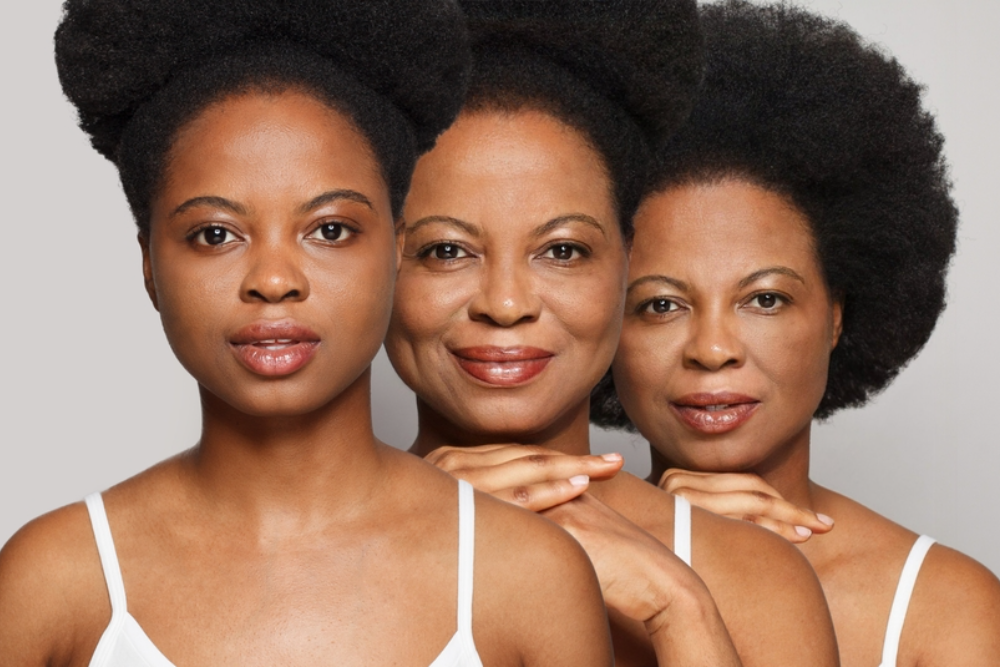How the anti-aging myth impacts beauty standards and our perception of aging

The beauty industry’s fixation on anti-aging products and treatments has long been a topic of discussion. Esteemed professionals like Shani Darden and Dr. Steven Williams shed light on the implications of this term and its impact on society’s perception of aging.
Understanding anti-aging
Anti-aging in medical terms refers to procedures or medications aimed at reversing or preventing the signs of aging. However, the term can be misleading, as aging is a natural and inevitable process. The beauty industry has capitalized on the desire to maintain a youthful appearance, creating a market worth billions that offers everything from retinoids to sunscreen and cosmetic procedures.
The reality of aging
Despite advancements like Harvard Medical School’s chemical cocktail that promises to reverse signs of aging, the truth is that aging cannot be completely halted. The term anti-aging may foster unrealistic expectations and lead to frustration and wasted resources. It’s crucial to find beauty in aging and to focus on maintaining healthy skin rather than chasing an unattainable fountain of youth.
Generational shifts in skincare
The anti-aging craze is not limited to mature skin; it now targets younger generations, encouraging them to start preventative beauty routines early. While forming good skincare habits is beneficial, it’s important to set age-appropriate expectations and avoid unnecessary treatments for young skin.
Changing the narrative
Instead of trying to fix our age, the focus should be improving skin and body health. Getting older should be seen as a privilege, and the beauty narrative should promote healthy skin at every age. By shifting our perspective, we can embrace aging as a natural part of life and celebrate the wisdom and experiences it brings.









